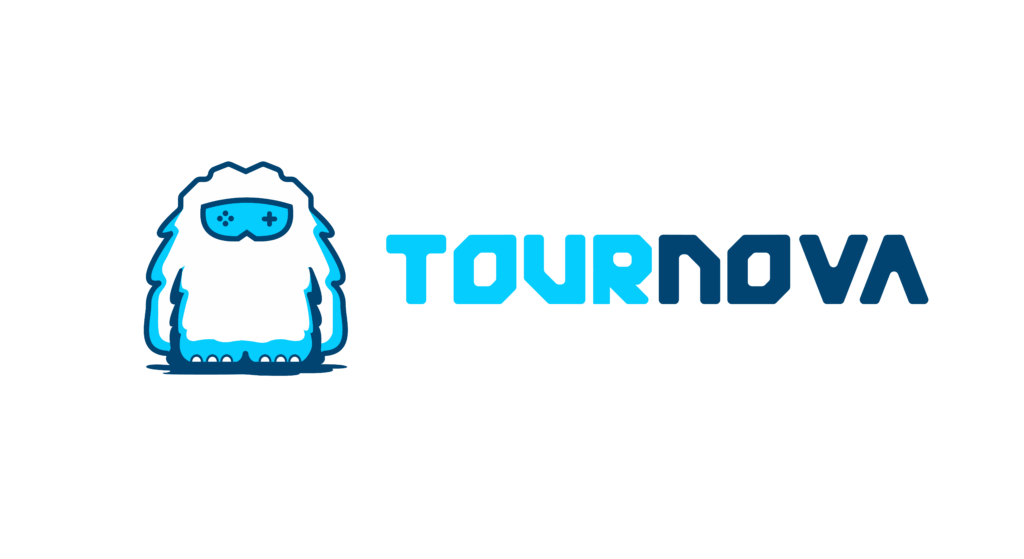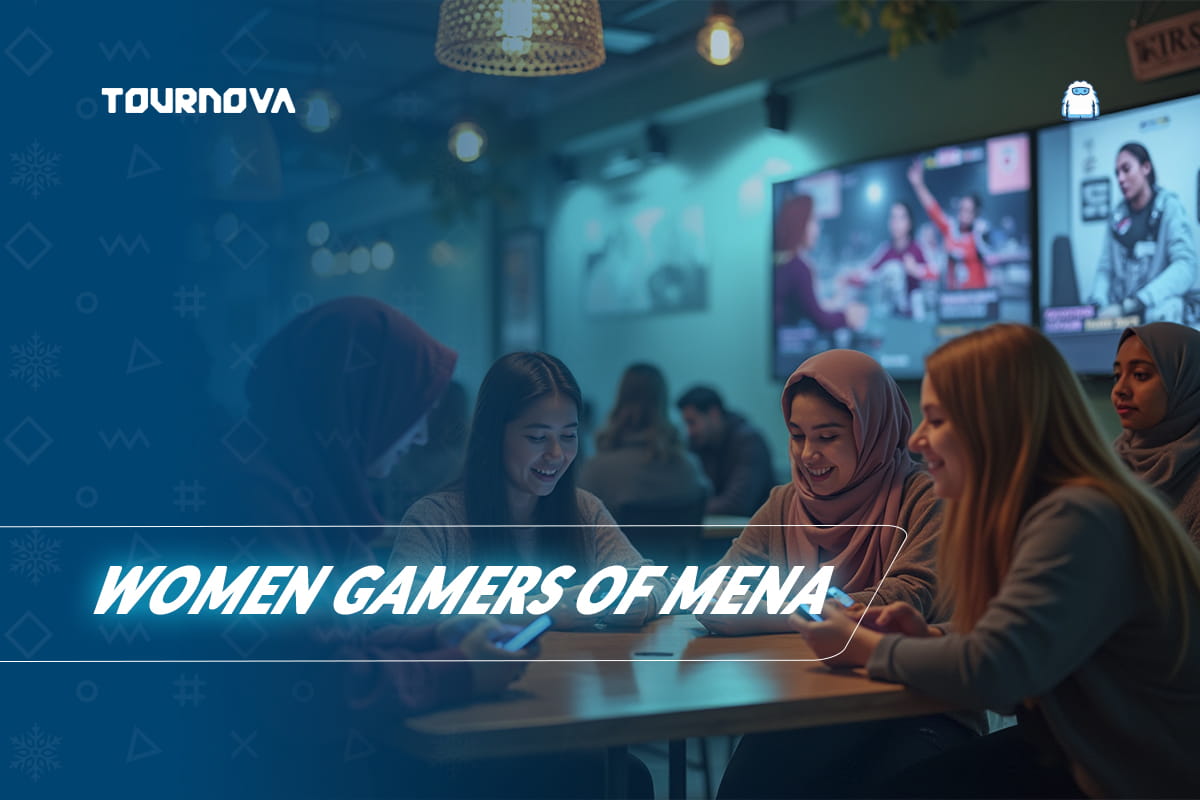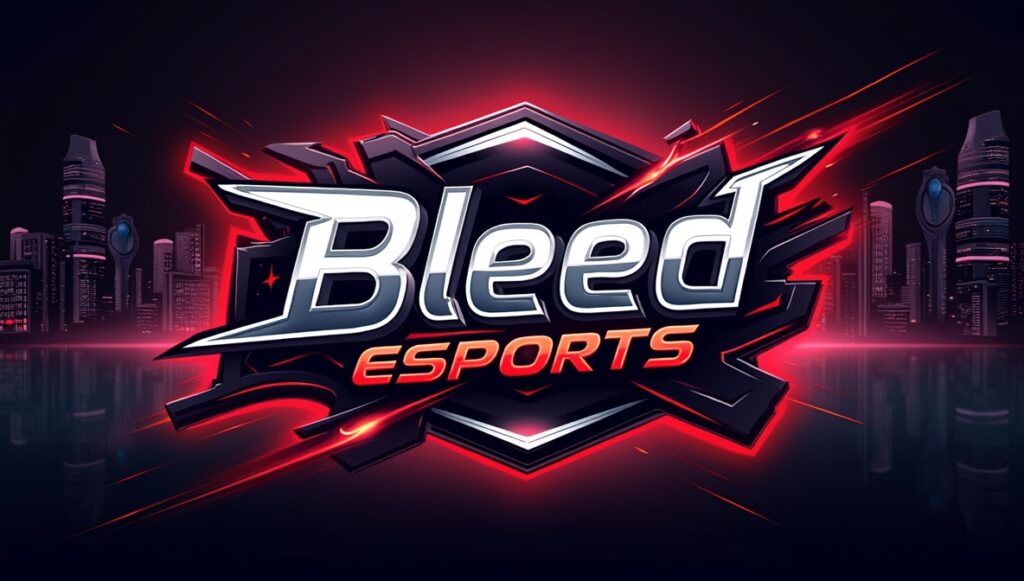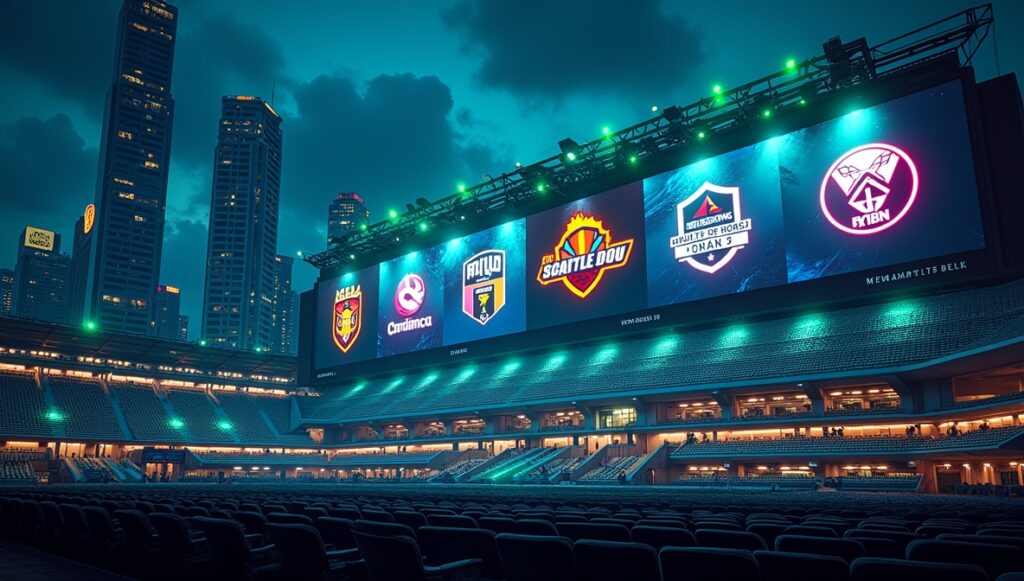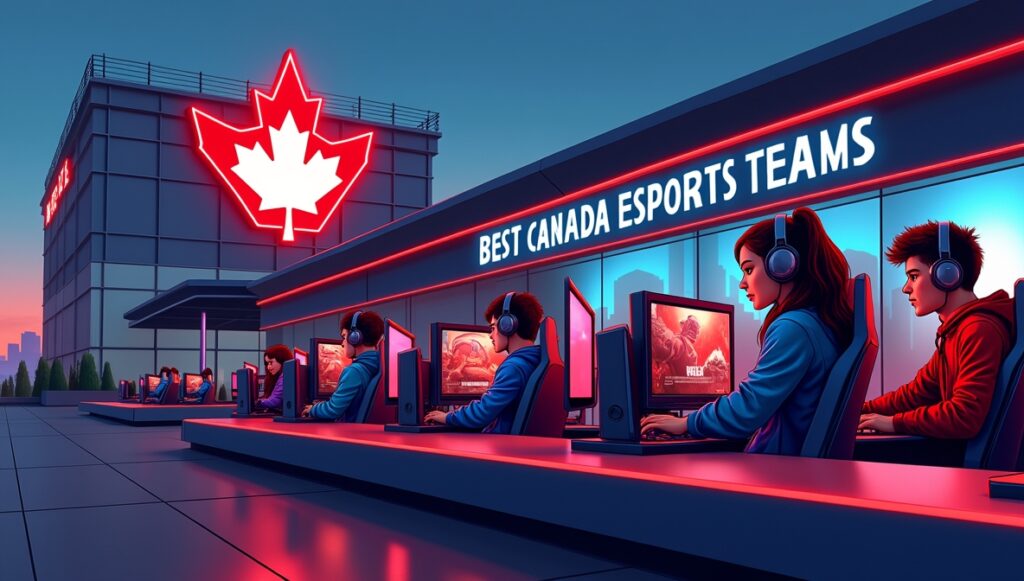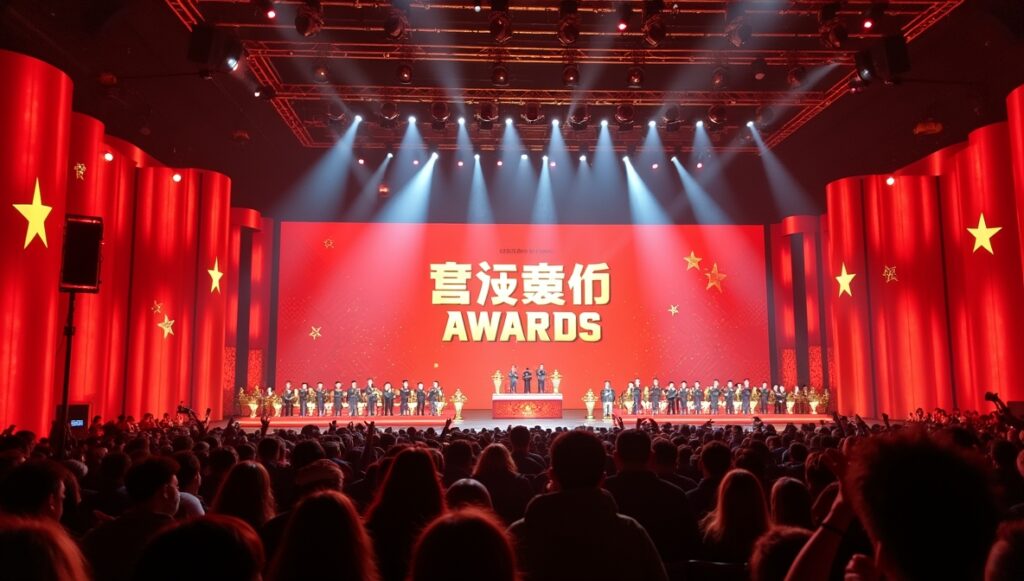Think of gaming, and picture this: young women huddled around their phones in a vibrant Riyadh café, swapping tips on beating the latest puzzle challenge. Or maybe it’s an exhilarating esports match watched by thousands, with female players fiercely competing against the best. Welcome to the world of women gamers in MENA, a growing force reshaping the region’s gaming and esports landscape. Over recent years, the Middle East and North Africa (MENA) have seen a surge in female participation across all levels of gaming, from casual mobile game enthusiasts to competitive esports athletes. Women across the region are challenging stereotypes, building communities, and proving that gaming isn’t just for guys. Let’s dive into their journey, exploring key statistics, emerging trends, challenges, and the opportunities shaping their future.

- With major investments and growing esports scenes, the region is becoming a global gaming hotspot.
Women Gamers in MENA: A Growing Force in Gaming and Esports
Gaming isn’t just a hobby for women in MENA; it’s becoming a way of life. Statistics show their presence is no longer on the margins. For example, 48% of gamers in Saudi Arabia are women, and their numbers are growing across other countries in the region. (While some sources cite 48%, other studies suggest closer to 27%, depending on how “gamer” is defined.) This isn’t just about statistics; it reflects a cultural shift where gaming is no longer seen as a male-dominated pastime.
Mobile gaming, in particular, has opened the doors for inclusive participation, allowing women to join in on the fun without the need for expensive hardware. Whether it’s solving puzzles in Candy Crush Saga or sending virtual troops into battle in Ludo King, female gamers are embracing accessible platforms and creating spaces where they can play, compete, and grow.
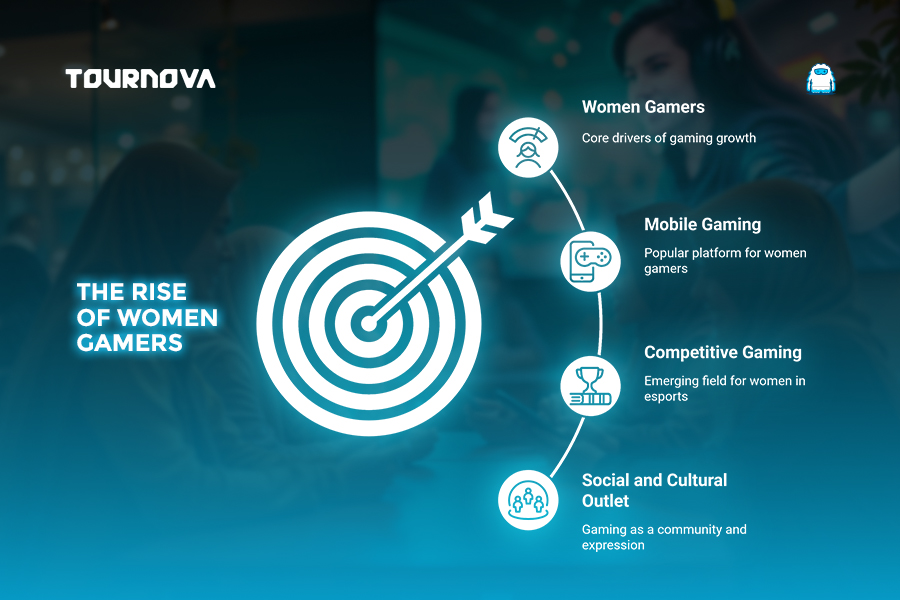
1. Key Statistics of Women Gamers in MENA
Numbers don’t just tell stories; they spark change. Here are some of the standout statistics about women gamers in MENA:
1.1 48% of Saudi Gamers Are Women
In Saudi Arabia, nearly half of the gaming population identifies as female, an impressive figure that underscores their growing influence in the sector. This rise comes as gaming culture intertwines with larger social and technological changes, driven by initiatives such as Saudi Arabia’s ambitious Vision 2030. (This figure varies across reports, with some placing the number lower depending on methodology.)
1.2 Casual Games Lead the Pack
Women across the region are avid players of casual and puzzle titles like Candy Crush Saga and Ludo King, with their simplicity making them ideal for short breaks in hectic schedules. These games have dominated the mobile gaming space for millions of players, especially among young women.
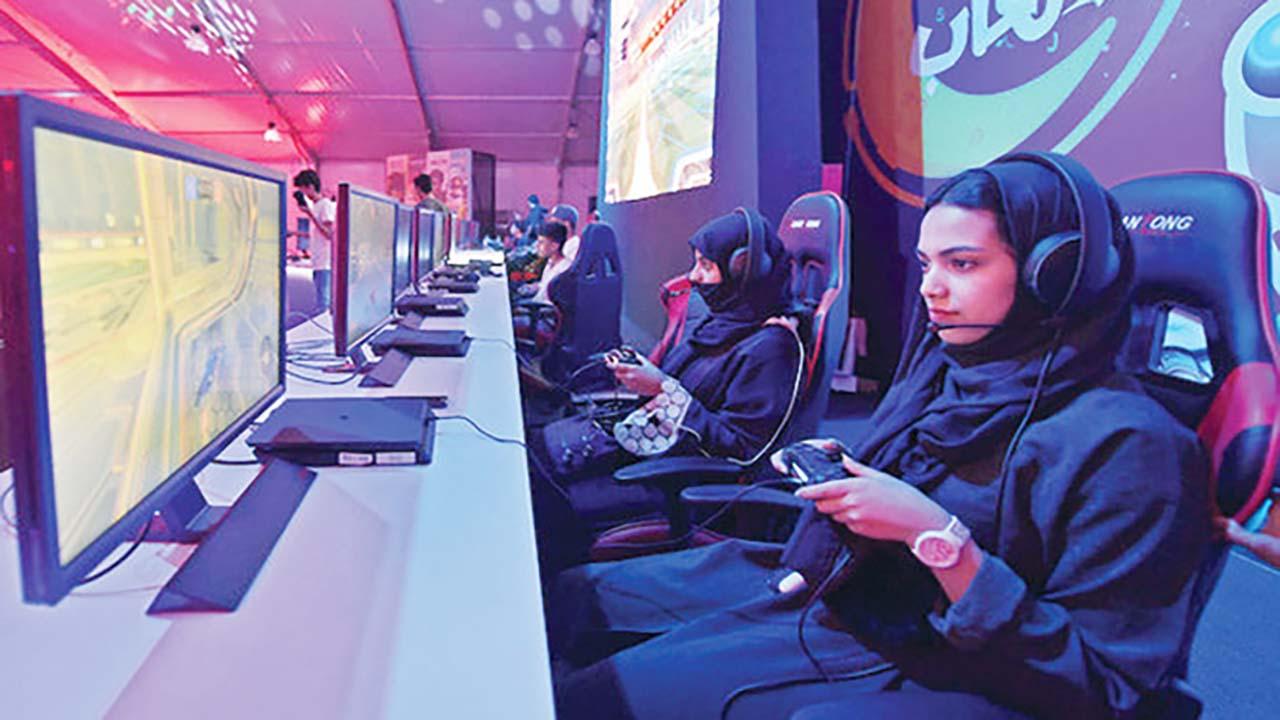
- Platforms like Miss Esports are empowering female gamers across MENA, providing safe spaces and mentorship for aspiring talent
2. Cultural Shifts Driving Women in MENA Gaming
The gaming culture in MENA has continued to be more inclusive over the years as societal norms have been shifting and outstanding initiatives have been made.
– Economic Empowerment: Countries such as Saudi Arabia are spending on female involvement by means of programmes such as gaming academics and esports sites. These are moves that have directly given power to women gamers in MENA to be able to venture into competitive gaming and game development.
– Digital Accessibility: Improved internet penetration and mobile connectivity have now moved gaming into homes and into social circles, for women who were previously excluded because of the barriers to entry. To many people, mobile gaming is the introduction to bigger gaming networks.
Imagine playing with friends in Amman while they are supporting you in a digital match, or playing in a cosy tournament among one of Dubai’s many gaming lounges – moments like these are what demonstrate the power that gaming is providing shared spaces for women across the region.
3. The Favorite Trends of MENA Female Gamers
Women in the MENA region have such a variety in their gaming preferences, and these are exciting. These trends show how the industry is being influenced by the female players:

- Women in MENA gaming often face challenges such as underrepresentation and limited access to professional opportunities.
3.1 Casual Gaming Domination
Games such as Candy Crush Saga and Ludo King are household names to MENA women and the rest of the world. Their simplistic nature with fulfilling gameplay has seen casual gaming become the genre of choice for women all over the region.
3.2 Shift in Competitive Games
More women are entering multiplayer and esports games such as Valorant, FIFA, and League of Legends, which indicates their desire for a deeper involvement. They are no longer games, they are tools for connecting, competing with, and demonstrating the skills to millions of spectators.

4. Challenges Women Gamers Face in MENA
Despite their rising numbers, women gamers in MENA face significant roadblocks. Some of the most common challenges include:
– Stereotypes and Misconceptions: Many women are still met with skepticism when entering gaming spaces, a problem rooted in longstanding perceptions of gaming as a “boys’ club.”
– Underrepresentation in Esports: Female athletes are often overlooked in professional esports leagues, despite their growing skill and enthusiasm.
– Online Harassment: Like gamers everywhere, MENA women face harassment in online spaces, which discourages many from engaging publicly or competitively.
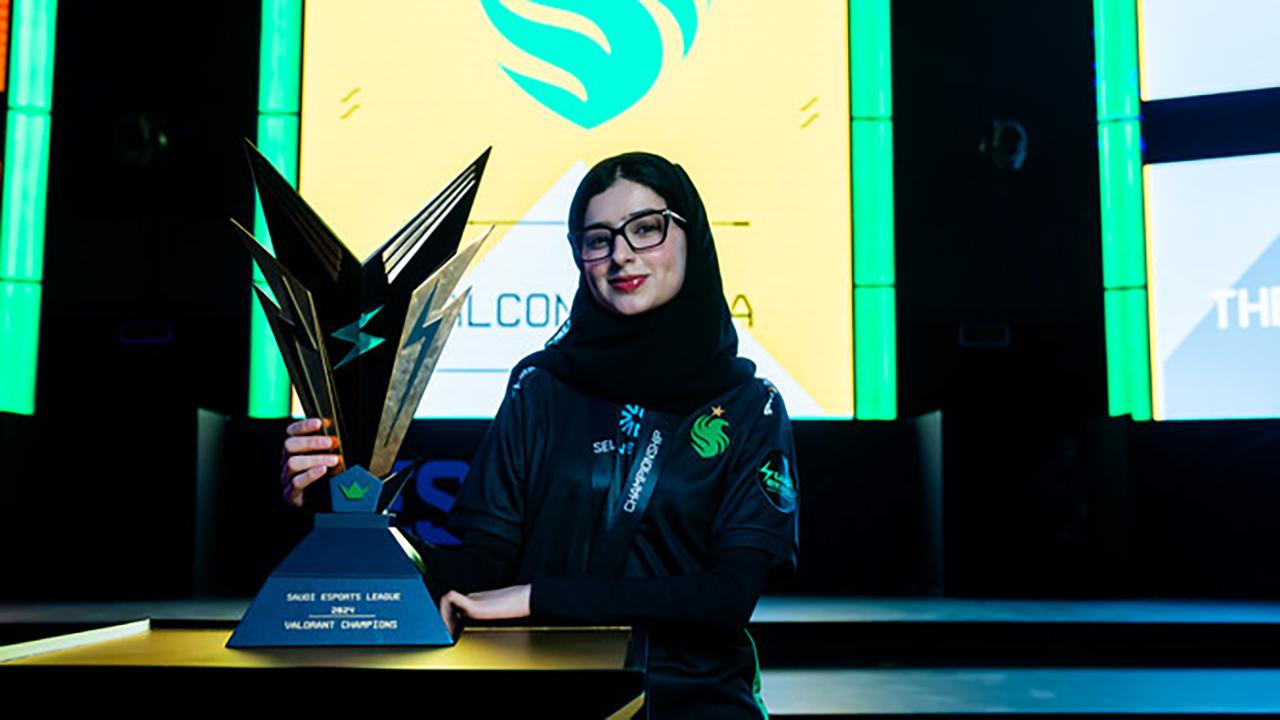
- The rise of female streamers and content creators is reshaping the gaming landscape, inspiring a new generation of gamers.
Nonetheless, the region is seeing increased conversations around inclusivity in gaming, with communities rallying together to combat these issues head-on.
5. Women in Esports: Breaking Boundaries in MENA
Esports offers exciting possibilities for women gamers; competitions that promote skill, teamwork, and recognition on a global stage. Across MENA, we’re seeing early signs of transformation:
– Programs aimed at training young female esports players are sprouting, especially in Saudi Arabia and the UAE, where infrastructure development overlaps with cultural shifts.
– Women-led gaming organizations and esports teams are in their infancy, but the enthusiasm around female representation signals a brighter future.
Imagine the thrill of seeing a regional talent competing at the highest levels, proudly representing her culture and country; a future filled with possibilities is on the horizon.
6. How Inclusivity Benefits the Gaming Ecosystem in MENA
Inclusivity isn’t just a buzzword; it’s vital for growth. By empowering women gamers in MENA, the region’s gaming industry gets:
– A Broader Market Appeal: Diverse gamers mean diverse preferences and innovation across game genres and narratives.
– Global Credibility: By nurturing inclusivity, MENA positions itself as a leader that sets an example for gaming industries worldwide.

- Social media platforms have become powerful tools for female gamers to build communities and share their gaming experiences.
7. The Future of Women Gamers in MENA
With cultural shifts, technological advancements, and growing support, women gamers in MENA are set to lead the charge in gaming’s evolution. Opportunities are opening up across esports, streaming, and game development, but this future requires proactive steps:
– Promoting Safety: Ensuring digital and physical environments are harassment-free for women gamers.
– Expanding Opportunities: Creating mentorship programs, funding for women-led teams, and resources for female game developers.
Imagine walking into a massive esports arena in Riyadh where women-led teams are celebrated just as loudly as their male counterparts. That’s the dream we’re heading toward.

Tournova: Championing Inclusivity in MENA’s Gaming Scene
As women gamers in MENA break barriers and cement their place in gaming culture, Tournova provides tools and opportunities that align with this growing wave of inclusivity. Through its accessible Telegram-based mini-app, Tournova simplifies tournament participation for casual players, many of whom are women exploring gaming spaces through mobile platforms like Candy Crush Saga and Ludo King. By offering free tournaments and appealing to hyper-casual audiences, Tournova encourages engagement across all demographics, fostering safe and welcoming environments that resonate with MENA’s diverse female gamers.

- Female participation in gaming is contributing to the industry’s growth, with projections indicating a significant economic impact by 2025.
For those venturing into competitive gaming, Tournova’s Discord bot features automated tournament management tools and a robust token economy, allowing players, female gamers included, to actively compete, earn tokens, and unlock premium rewards. By blending simplicity with innovative Web 3 integrations, Tournova paves the way for women’s increased participation in professional esports tournaments, helping them overcome traditional barriers and thrive in MENA’s rapidly evolving gaming landscape.
In Conclusion: Women Gamers – Pioneers in MENA’s Gaming Revolution
Women gamers in MENA are far more than participants; they’re redefining the game. Their contributions are building inclusive communities, challenging outdated norms, and elevating MENA’s overall reputation in gaming and esports. As their voices grow louder and their skills sharper, we know one thing for sure: women gamers in MENA aren’t just playing the game; they’re changing the rules.
Read about everything eSports all over the world via our Global Esports features on Tournova.
FAQs
1. What are some top games played by women gamers in MENA?
Games like Candy Crush Saga and Ludo King are popular among casual gamers, while esports enthusiasts enjoy Valorant, League of Legends, and FIFA.
2. Are there female esports teams in MENA?
Though still developing, female-led esports teams are slowly emerging in MENA, often tied to grassroots organizations focused on inclusivity.
3. Why is mobile gaming so popular for women in MENA?
Mobile gaming offers accessibility, affordability, and convenience, allowing women to game anytime and anywhere without expensive equipment.
4. How can the gaming industry in MENA become more inclusive for women?
By addressing online harassment, funding mentorship programs for female gamers, and highlighting women’s achievements in esports, the industry can create safer, more inclusive spaces for players.
